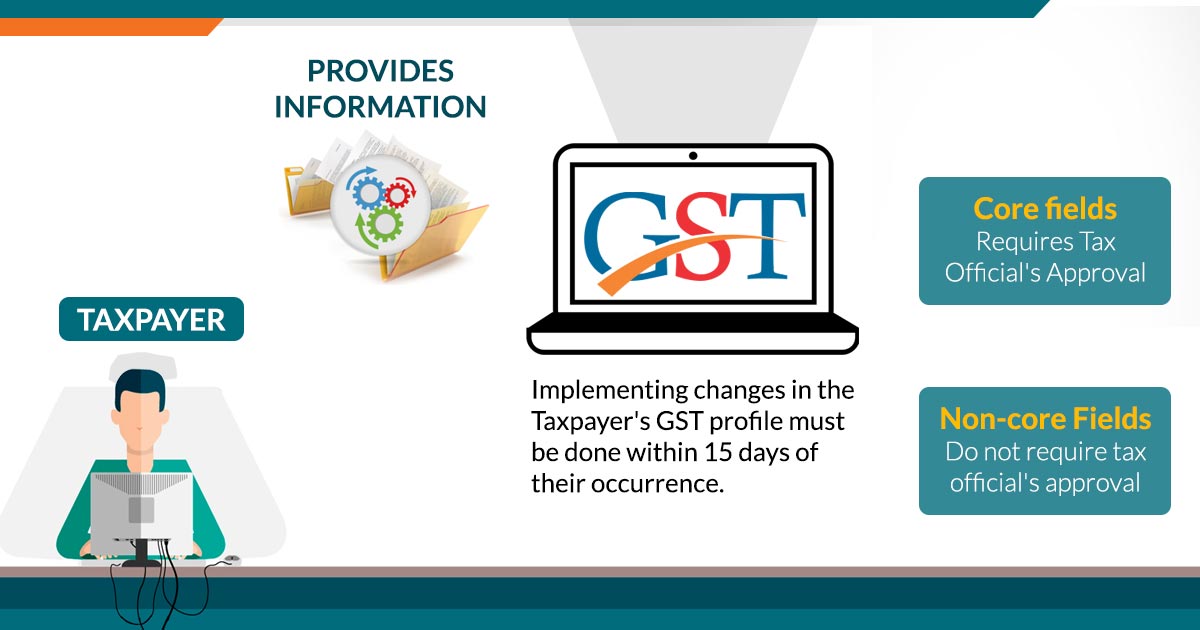From Beginning to End Up: The Ultimate Roadmap to GST Enrollment for Businesses Looking For Financial Security
Navigating the intricacies of Goods and Services Tax Obligation (GST) enrollment is a vital action for organizations aiming for economic stability. From recognizing the fundamental principles of GST to adhering to post-registration standards, the procedure can appear daunting at very first glimpse. Damaging down the roadmap into convenient actions can simplify the registration journey for companies looking to enhance their financial standing. Let's check out the crucial elements that comprise this supreme roadmap and find how each stage adds to laying a solid foundation for monetary success.
Understanding GST Basics
Exploring the basic principles of Item and Provider Tax (GST) is necessary for acquiring a thorough understanding of its implications on companies and the economic situation. GST is a value-added tax levied on many goods and solutions for residential usage. It has changed numerous indirect tax obligations that existed in the pre-GST period, enhancing the tax framework and boosting convenience of doing service in India. Under the GST system, both products and solutions are exhausted at a particular rate, which is determined based upon their category. Companies are needed to sign up for GST if their yearly turnover exceeds the threshold restriction set by the government. Input Tax Credit Rating (ITC) is a substantial function of GST, permitting businesses to assert credit score for taxes paid on inputs, lowering the overall tax obligation concern. Recognizing the basics of GST is vital for services to adhere to tax obligation policies, handle their financial resources successfully, and contribute to the nation's economic development by participating in a clear tax obligation system.
Eligibility Standards for Enrollment
As of the current laws, the threshold limit for GST registration is a yearly aggregate turn over of 40 lakhs for organizations operating within a state, except for unique classification states where the restriction is 20 lakhs. Furthermore, particular businesses are needed to register for GST irrespective of their turn over, such as interstate vendors, informal taxable individuals, and businesses responsible to pay tax under the reverse fee mechanism. It is critical for companies to extensively examine their turnover and transaction kinds to establish their GST registration commitments accurately.
Files Needed for Enrollment
Having actually met the qualification criteria for GST registration, services have to now ensure they have the requisite papers in location to continue with the enrollment process efficiently. The papers required for GST enrollment commonly include evidence of organization constitution, such as collaboration deed, registration certificate, or consolidation certification for various types of organizations. Additionally, businesses need to offer records establishing the primary location of service, such as a rental agreement or electrical power costs.
Step-by-Step Enrollment Refine
Commencing the GST registration process includes a collection of organized steps to guarantee a seamless and compliant enrollment for services. The primary step is to Clicking Here go to the GST site and fill in the enrollment type with accurate details of the organization entity. Following this, the applicant gets a Short-lived Recommendation Number (TRN) which is used to resume the application procedure if it's not completed in one go.
Following, all required documents based on the checklist given by the GST portal demand to be uploaded. These files normally include evidence of business registration, address and identification proofs of promoters, economic declarations, and business entity's PAN card.

Post-Registration Conformity Standards

Final Thought
To conclude, organizations looking for monetary stability must recognize the basics of GST, this link meet qualification requirements, gather essential documents, adhere to the detailed registration process, and adhere to post-registration standards - Best GST registration services in Singapore. By sticking to these actions, services can make certain compliance with tax obligation policies and maintain economic security in the lengthy run
Furthermore, particular services are needed to register for GST regardless of their turnover, such as interstate vendors, laid-back taxed individuals, and businesses accountable to pay tax under the reverse charge device.Having fulfilled the eligibility standards for GST enrollment, businesses have to currently ensure they have the requisite papers in area to continue with the registration procedure successfully. The documents needed for GST registration generally consist of evidence of business constitution, such as partnership action, registration certification, or incorporation certificate for various kinds of services. Additionally, services require to offer files establishing the primary area of company, such as a rental arrangement or electricity bill.Starting the GST enrollment process includes a collection of organized actions to make certain a smooth and certified enrollment for businesses.